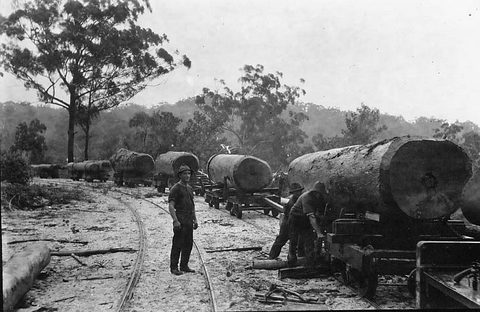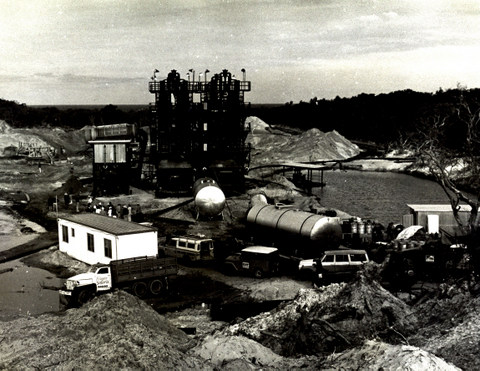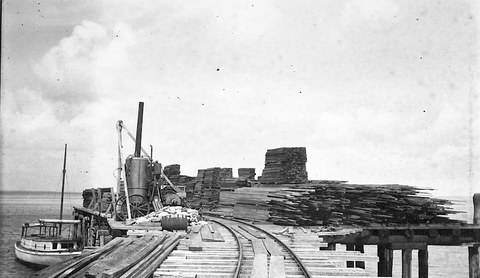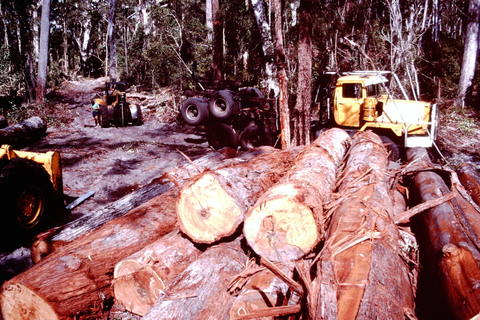
European history
OVERVIEW
K’gari has a European history dating back to the early 1800s. The arrival of the Europeans impacted the traditional custodians, the Butchulla People, and the environment.
Arrival of the Europeans
In 1802, explorer Matthew Flinders sailed the east coast, landing for a day on what was then known as Kgari (meaning 'Paradise' to the Indigenous People: the Butchulla).
In 1836, survivors of the wrecked ship 'Stirling Castle' took shelter on the Island before being rescued. The captain of the ship perished but his wife, Eliza Fraser, survived to tell stories of her treatment on the Island by the Butchulla People. The stories are heavily contested and led to hostility towards the Butchulla People. Unfortunately, these false stories justified their poor treatment by Europeans. The Island became known as 'Fraser Island. It officially reverted to its traditional name in 2023.
Europeans began to settle on the Island in the 1840s and, by the late 1800s, most remaining Butchulla were relocated to mission settlements. A few families stayed, their men employed in local logging or fishing industries.
Logging
The Island was recognised as a rich source of timber and logging began in 1863. The primary timbers logged were the Kauri pine, the Blackbutt,Tallow wood,Hoop Pine, and the Satinay.
Between 1863 and 1905 bullock teams were used to transport logs to the beach near where the Kingfisher Bay Resort sits today. They were towed by paddle steamers.
A tramline was built in 1905 to move timber more efficiently to the west coast. Tramlines and roads criss-crossed the Island as the timber industry flourished. These roads are still evident in the sand tracks across the Island today. Logging eventually ceased in 1991, when Fraser Island (K'gari) gained World Heritage listing.
Did you know? Lake McKenzie is named after theMcKenzie logging company.
Sand mining
Sand mining began in 1949 andDilli Village on the east coast, now USCsResearch and Learning Centre, was once a sand mining camp.
Mining had a severe impact on the coastal environment. John Sinclairs Fraser Island Defenders Organisation (FIDO) led a strong fight to have it stopped. The Fraser Island Environmental Inquiry ultimately led to the Governments banning of all mineral exports from Fraser Island in 1976.
Today: Tourism
Tourism is the Islands main commercial activity and has steadily grown since logging and sand mining ceased. Recreational fishing, boating, swimming and camping and the introduction of vehicles brought more visitors and associated impacts on the environment. Sustainable tourism on K'gariis an ongoing challenge.
More information: Carter, J. (2010). Displacing indigenous cultural landscapes: the naturalistic gaze at Fraser Island World Heritage area. Geographical Research, Vol. 48(4), pp. 398-410.


